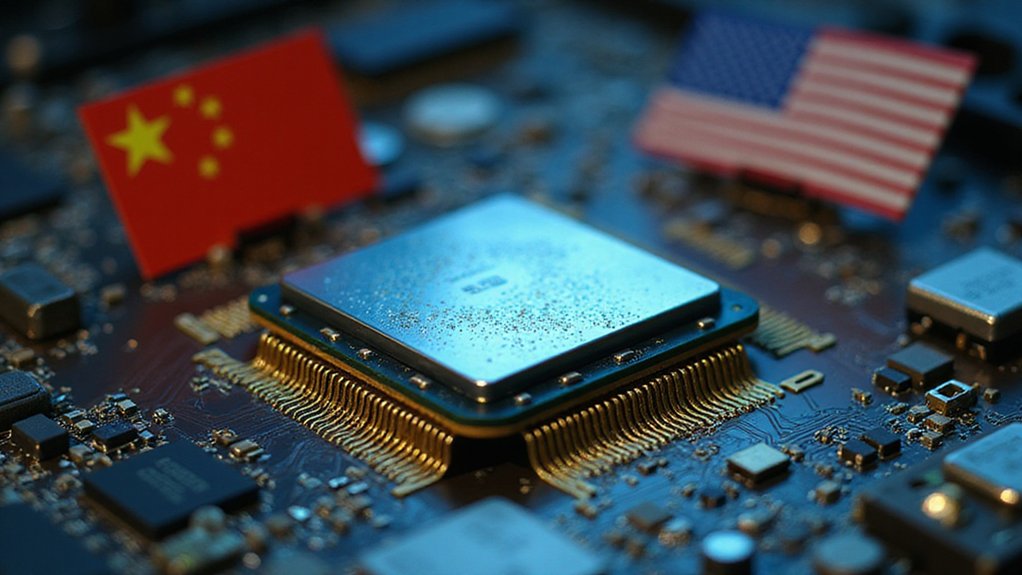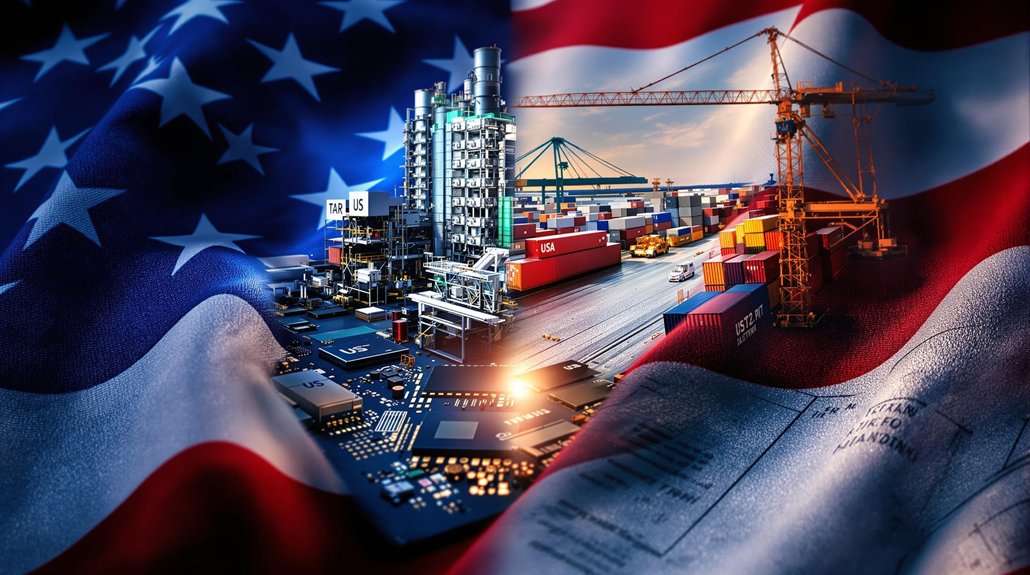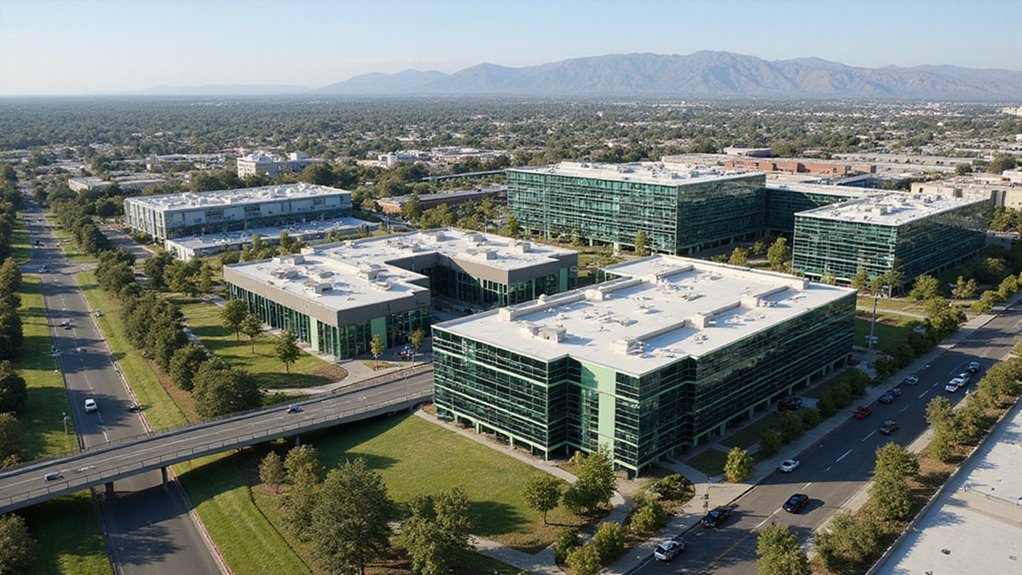Nvidia plans to release a modified version of its H20 AI chip within two months, hoping to sidestep the latest U.S. export restrictions that have already cost the company billions in lost sales. The tech giant’s CEO Jensen Huang recently called the export bans “a failure” in a rare public criticism of Washington’s policy.
The H20 chip was originally designed specifically for the Chinese market to comply with earlier export rules. However, new restrictions banned even these compliance-focused chips, forcing Nvidia to create another modified version. This constant back-and-forth has frustrated both the company and industry experts who say the rules lack consistency.
Export controls have hit Nvidia’s bottom line hard. The company’s market share in China dropped from 95% in early 2021 to just 50% as of May 2025. The Information Technology & Innovation Foundation reports that these restrictions have cost Nvidia at least $15 billion in sales. The company expects to lose another $5.5 billion due to the newest controls. These losses translate to approximately $3 billion in lost tax revenue for the U.S. government.
Export controls slashed Nvidia’s China market share from 95% to 50%, costing over $20 billion in lost sales.
These losses aren’t just hurting Nvidia. They’re pushing China to develop its own AI chip industry faster. Chinese companies like Tencent and Alibaba are now buying locally produced AI technology instead of American chips. Beijing and other Chinese institutions are pouring money into domestic chip development, helping local competitors catch up to Nvidia’s technology quickly. Huawei has already developed its own Ascend AI chips as a direct response to the export restrictions. The shift could lead to job market transformation in the tech sector as manufacturing priorities change globally.
Industry experts are questioning whether the export controls make sense. Stephen Ezell called cutting U.S. companies off from the Chinese market “a cure worse than the disease.” Others point out that the purpose of chip restrictions keeps changing, creating confusion for developers trying to follow the rules.
Huang argues that spreading U.S. chips globally helps maintain America’s competitive advantage. He believes the export bans are having the opposite effect of what the White House intended. Instead of slowing China’s AI development, the restrictions are speeding up the country’s push for technological independence.
The situation shows how trade restrictions can backfire. While meant to protect national security, these controls may be weakening U.S. companies while strengthening foreign competitors.
References
- https://www.tomshardware.com/tech-industry/artificial-intelligence/nvidia-ceo-jensen-huang-says-u-s-ban-on-ai-chip-exports-a-failure-says-spread-of-u-s-chips-vital-to-competitive-advantage
- https://techresearchonline.com/news/nvidia-ceo-chip-curbs-hurt-us-benefit-china/
- https://semiwiki.com/forum/threads/nvidia-modifies-h20-chip-for-china-to-overcome-us-export-controls-sources-say.22785/









